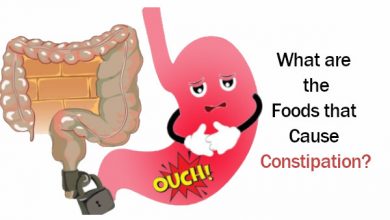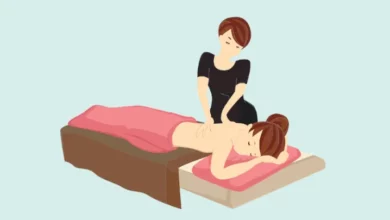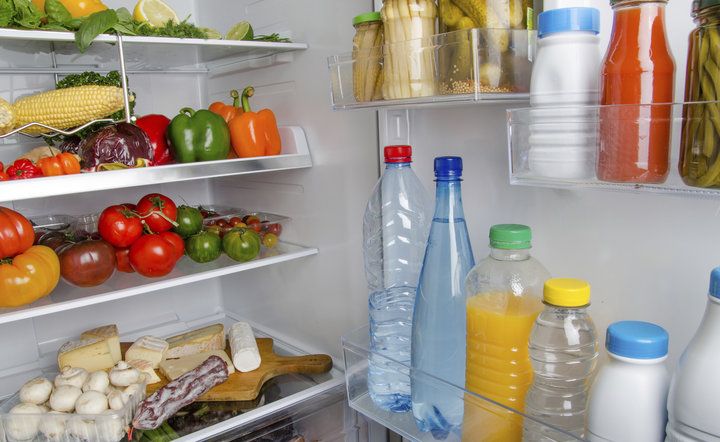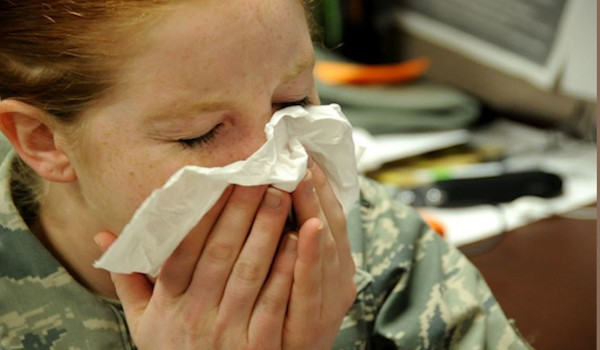How to Prevent Varicose Veins During Pregnancy
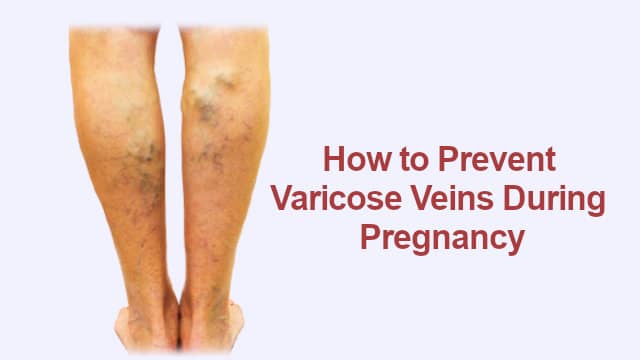
Do you have swelling and painful varicose veins? Read about how to prevent varicose veins during pregnancy and what you can do to treat them. If you are a little worried due to pregnancy complications, primarily if you have heard from your grandma or mother about varicose veins, maybe you shouldn’t ignore this.
Varicose veins are common trouble during pregnancy, and most women face this issue. Maybe you are pretty happy during the pregnancy, but any slight discomfort in the legs can bother you for sure.
Here we are briefing in detail about varicose veins and all the related information that will help prevent it, so let’s take a look at that:-
What are Varicose Veins?
What are varicose veins, or what is varicose means? Are they simply the swollen veins in the legs that appear green, blue or purple, and you can see them over the skin surface?
Varicose veins during pregnancy or leg swelling are common, and various ways can prevent it before it gets worst.
Causes of Varicose Veins in Pregnancy
Pregnancy is when a woman’s body faces many changes, and varicose veins are also one of them. You may feel pain in the legs, and they can show in the middle part of the legs, pelvis area, and buttocks.
1. Hormones
The increased level of Progesterone hormone can be responsible for varicose veins due to veins are at their relaxation state, and blood clogging makes the veins enlarged and swollen.
2. Pressure on uterus
As we know, the fetus has been developing every day that causes pressure to the uterus and also causes varicose veins.
3. High Blood Flow
Blood circulation can be increased during the pregnancy, and that causes extra pressure to the veins and reason leg pain during pregnancy.
Symptoms of Varicose Veins During Pregnancy
- You may feel varicose veins while caring for a little one, and you may feel heaviness and pain in the legs, including the upper part of the legs.
- Sometimes you can feel itchiness and inflammation in the legs, and you can see the swollen purple veins from the outside.
- Pigmentation and cramps around thigh area is also a common symptom.
- Restlessness and discomfort
- Sometimes symptoms can worsen, and need doctor advice.
How to Prevent Varicose Veins During Pregnancy
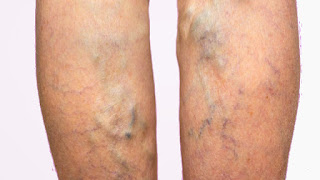
The studies show that more than 20% of women face varicose veins during pregnancy, so prevention is essential that you can follow before something goes wrong. Here are the Best ways to cope with varicose veins during pregnancy
1. Avoid Tight Clothing
Whatever cinches your lower part, like jeans or a belt, must be avoided to reduce varicose veins. The tight clothing or accessory can interrupt the natural blood flow and increases the risk of swollen veins and pain in the legs.
Wearing compression stockings can be a good idea as they can help with blood flow. Make sure to take them off while sleeping in the night.
2. Keep Moving
Even experts suggest keeping moving during the pregnancy, especially if you have crossed the early three months of your pregnancy. Don’t just sit in one place and feel awkward due to a baby bump.
Taking a little walk in a garden would be fantastic and decrease the risk of varicose veins naturally.
3. Do Workout
There are plenty of exercises available that you can perform during pregnancy. A light workout or exercise regulates the blood flow, manages circulation, and reduces the chances of varicose veins.
And doing some workouts would be beneficial for the baby and prevent stress and insomnia too.
4. Change the Sleeping Position
The doctor also recommends avoiding sleep on your back because it affects the blood flow and suppresses the veins during the pregnancy. How to increase the blood flow during pregnancy is a common question that bothers future moms.
Try to sleep on your left side, and you can also put a pillow between the legs for more comfort and changing the sleeping position indeed help you instantly.
5. Avoid Heels
Try to wear flat and comfortable footwear, especially when you are pregnant. Even usually, heels can give legs pain, so better to avoid it.
6. Garlic will Help
Garlic contains anti-inflammatory properties that provide relief from varicose veins. You need to add a few garlic cloves in some hot oil (coconut, olive, or mustard) and apply to the affected area and massage gently and leave overnight.
7. Herbal Treatment
Butcher’s broom and witch hazel are the herbal plants that can help you out. Just get any of them, extract the juice, apply it to the area, repeat twice a day, and see the results.
If you feel itchiness, you must use marigold essential oil and apply it gently to the area to get rid of itchiness.
Other Ways to Prevent Varicose Veins During Pregnancy
- Do not stand or sit for a long time in one place.
- Choose comfortable maternity clothes to avoid discomfort.
- Eat a healthy and fibre-rich diet that provides enough energy and essential nutrients to the body.
- Avoid crossing your legs during pregnancy, and also, don’t be overweight.
Q. Can varicose veins be serious?
Ans. Varicose veins can bother you, but nothing to worry much about, that is. Many women get rid of that as they delivered the baby.
Sometimes varicose veins can become severe. If you see excess pain or blood clots in the legs, then a doctor consultation is needed.
Read Also: Do’s and Don’ts during Pregnancy
Q. Varicose veins in pregnancy when to worry?
Ans- If you see excess swelling and intolerable pain in the legs and lower part of the body.
If you found changed skin colour or redness, or clot in the skin.
If you don’t see any improvement in the symptoms, you must consult the doctor as soon as possible.
Q. Did your varicose veins go away after pregnancy?
Ans. Varicose veins usually have a temporary pregnancy side effect. When the blood volume gets back to normal, it usually reduces after delivery. It could be three or four months. But in some cases, they cannot go completely back to normal.
Q. What happens if varicose veins are left untreated?
Ans. Varicose veins mostly lead to excess blood in the leg tissues when remain untreated. The patient suffered painful inflammation and swelling.
Varicose veins slow down blood flow and cause blood to coagulate. Clots in the deep veins can migrate the bloodstream into the lungs, leading to life-threatening problems. This is one of the worst health risks with untreated varicose veins.
Q. Does walking help prevent varicose veins?
Ans. When you walk, your leg muscles aid your veins to pump blood, which lowers the pressure of your varicose veins. So in this way, walking helps to prevent varicose veins.
In Closing
We hope this information on how to prevent varicose veins during pregnancy would be beneficial for you and you can prevent the ugly blue veins. Add more healthy food to the diet and drink plenty of water every day.
Aromatherapy and reflexology massage can also work great. The main reason for varicose veins is poor blood flow and provoke engorged varicose veins, so maintaining the proper blood flow is necessary.
If you have any doubts or questions in mind, please feel free to ask and share your reviews with us.


